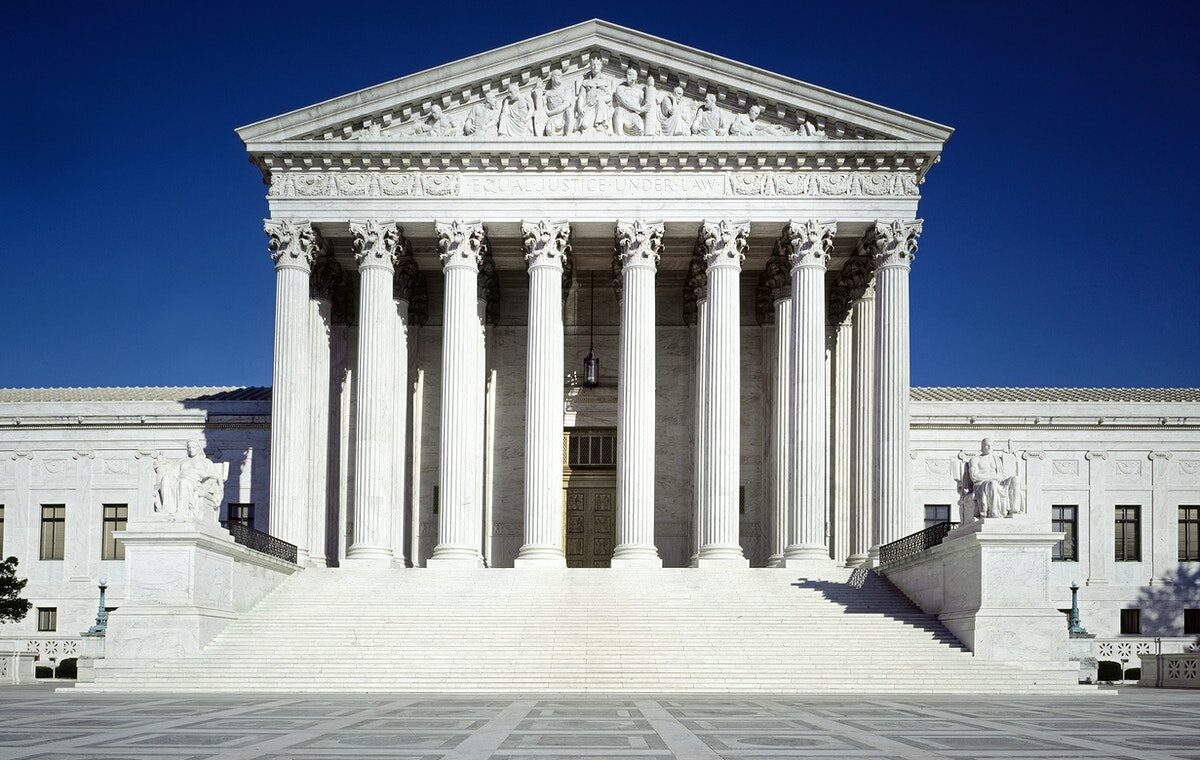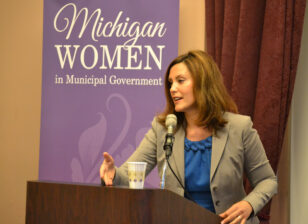What to know about Moore v. Harper, the high-stakes election case before the Supreme Court
The Supreme Court will hear arguments in the case of Moore v. Harper this Wednesday December 7th, a case that is “potentially damaging for American Democracy” according to some legal scholars. The case centers on the independent state legislature theory, the idea that the Constitutions Elections Clause gives exclusive authority to state legislatures for setting elections rules for Congress and the presidency, without any oversight from state courts to ensure those laws comply with state constitutions. The current issue in this case specifically has to do with the redistricting process by North Carolina’s Republican General Assembly after the 2020 Census. Under the congressional map adopted by the state legislature in November 2021, Republicans had an advantage for 10 of the state’s 14 House seats. The state supreme court, however, rejected that map, ruling it was an extreme partisan gerrymander that violated the North Carolina Constitution. The General Assembly adopted new congressional voting boundaries, but that map, too, was rejected by a North Carolina trial court. Instead, the court went on to approve a map created by a group of special masters and assistants and ordered the plan to be used only for the 2022 election cycle. Under the court-drawn congressional map, Republicans were favored to win six seats to Democrats’ four, with the four remaining districts more competitive, according to an analysis from the Campaign Legal Center. North Carolina Republican leaders requested the state supreme court to pause the court-crafted maps but their request was rejected so they brought it to the Supreme Court. The Supreme Court declined to block the use of the congressional maps in early March, but North Carolina Republicans filed another appeal to the high court and on June 30th the justices said they would hear the case. If the North Carolina Republicans win the case it will have drastic ramifications on our nation’s election laws. More than 170 state constitutional provisions and 650 state statutory provisions, as well as thousands of administrative regulations issued by election officials, would be at risk.




